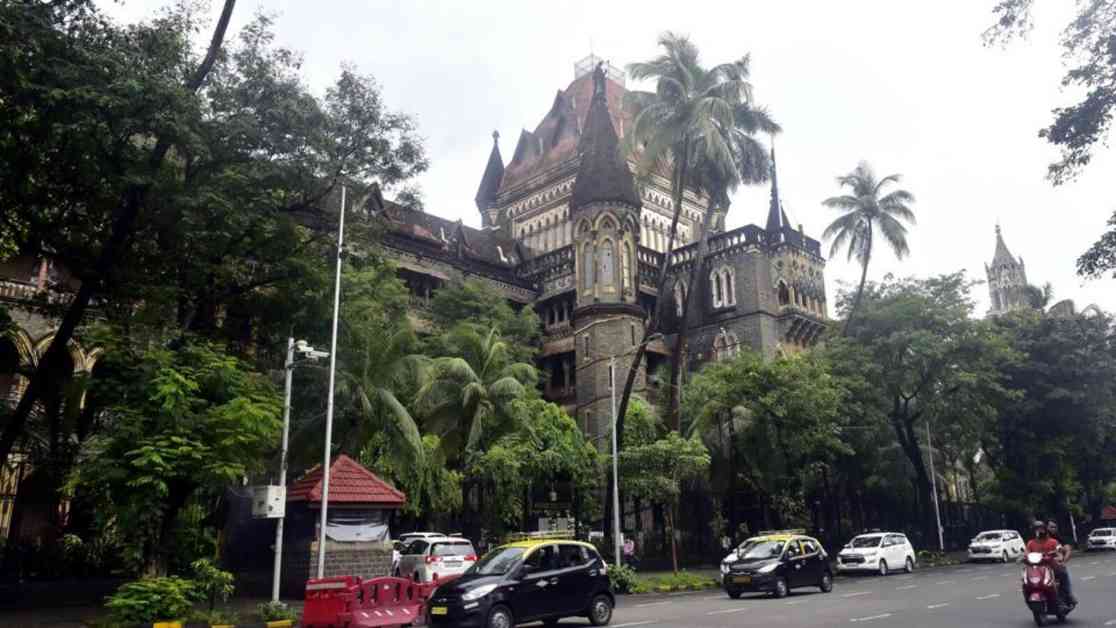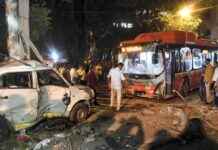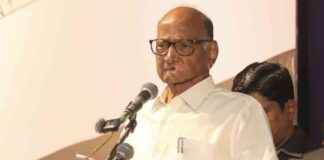May 10, 2025 07:34 AM IST
In their petition, Vasantrao Deshmukh, 75, and his wife Snehalata, 75, claimed they were denied family pension after their unmarried son died due to a snake bite while working at a tribal school in October 2008. The Bombay high court, on Friday, ruled that the dependent parents of a deceased, unmarried government employee are entitled to family pension. The court, located in Mumbai, India, made this decision after the septuagenarian couple from Akola, Vasantrao Deshmukh and Snehalata, lost their son in 2008 and were denied pension support.
The couple, in their 70s, went on a quest to seek justice after being turned down for family pension following their son’s tragic death. They reached out to the project officer of the local Integrated Tribal Development Project (ITDP) in September 2010, hoping to secure financial assistance. However, they hit a roadblock when authorities informed them that they were not eligible for family pension as the biological parents of a deceased government employee. This led them to take their case to the high court for further deliberation.
The advocates representing the Deshmukh couple highlighted a government resolution (GR) issued in January 2015 by the state finance department, which supported the granting of family pension to wholly dependent parents of a deceased single government servant. Despite this, the state government opposed the petition, arguing that the Maharashtra Civil Services (Pension) Rules, 1982, did not include the biological parents of a deceased single government employee in the definition of family. They also stated that the GR from 2015 could not be applied retroactively to the couple’s situation.
Following a thorough review of both sides’ arguments, the bench consisting of justices Ravindra Ghuge and Ashwin Bhobe determined that the Deshmukh couple was indeed eligible for family pension. They emphasized that the GR aimed to provide social security for elderly parents in need and should be applied to surviving dependent parents, even if their child had passed away before the resolution was issued. As a result, the court directed the state government to approve the pension proposal, clear any outstanding payments, and begin regular pension disbursements starting in July 2025.
Not really sure why this matters, but the court’s decision highlights the importance of ensuring financial support for dependent parents who have lost their only child. Maybe it’s just me, but it seems like a common-sense ruling that prioritizes the well-being of elderly individuals who may rely on pension benefits for their livelihood. The Deshmukh couple’s case serves as a reminder of the challenges faced by families dealing with the loss of a loved one and the subsequent financial implications they may encounter.
The court’s judgment not only provides relief to the Deshmukh couple but also sets a precedent for similar cases in the future. By upholding the rights of dependent parents to receive family pension, the ruling establishes a framework for addressing the financial needs of elderly individuals who have suffered the loss of their child. This decision marks a significant victory for vulnerable parents who rely on pension support to sustain themselves in their later years.




















